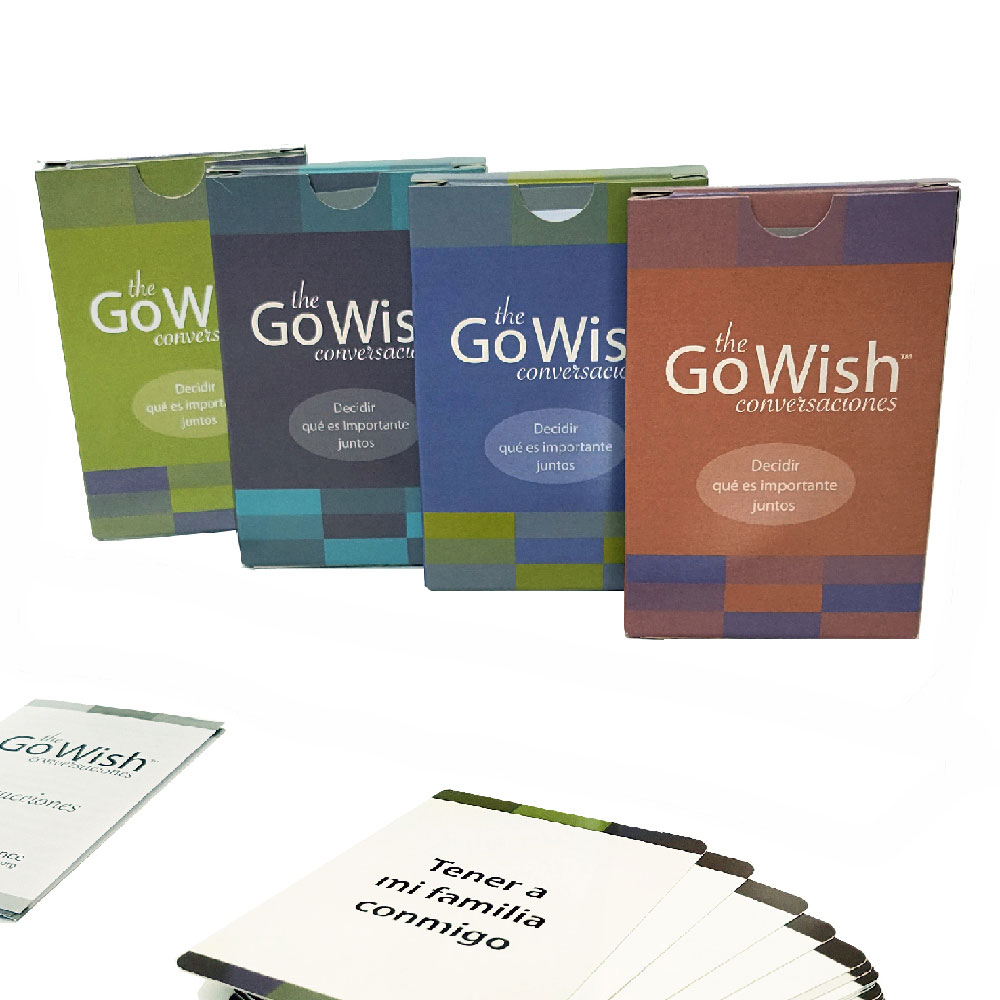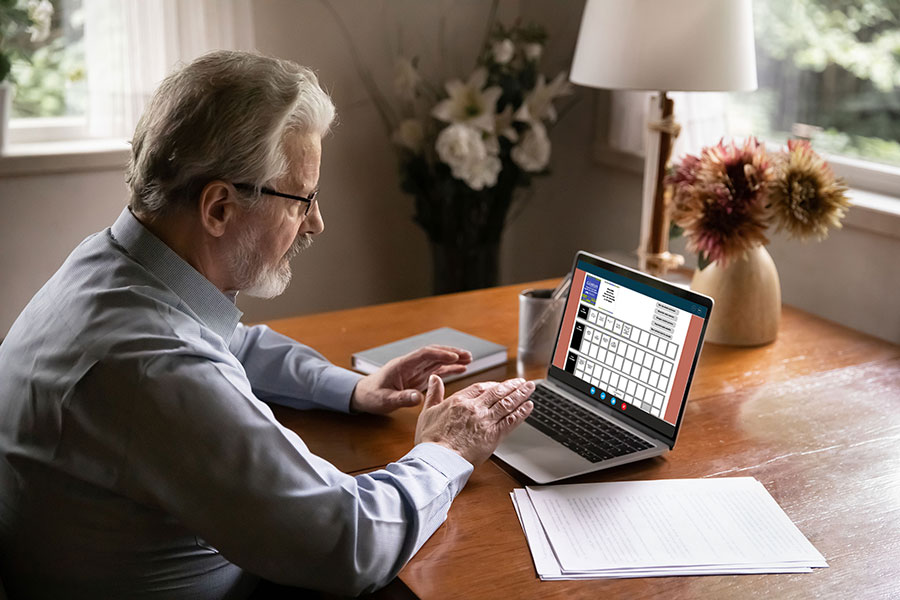GoWish Helps Hispanics Fill a Gap in Medical Care
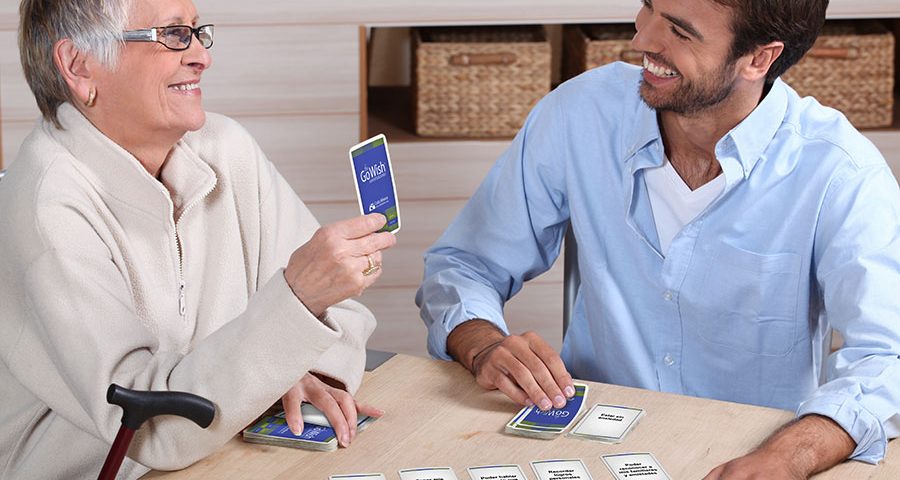
New Additional Online Model: First for GoWish Foreign Languages Expected To Expand Participation By All Ages
Hispanics remain the fastest-growing culture in the United States, embodying 18.7% of the U. S population, 52% of its growth (2010-2020), and around 25% to 50% of most Western state populations in 2021. Yet they remain one of the most under-served groups in American healthcare.
Hispanic doctors make up only 5.8% of the physician population…
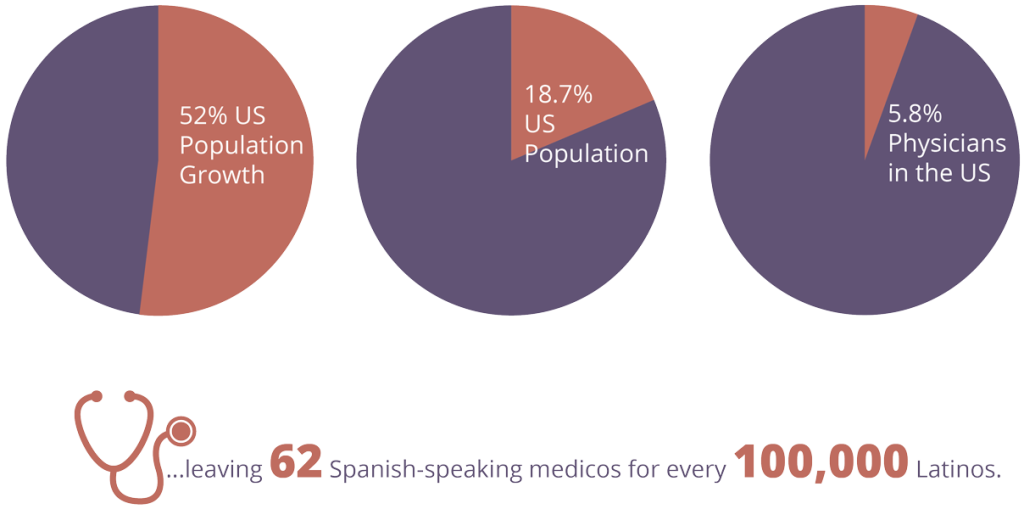
A Gap in Communications
Although present for quite some time, Hispanic’s difficulties with the medical industry came to the forefront more recently because of reports regarding the Covid pandemic. Lack of language and cultural understanding, limited available services, as well as perceived disrespect from medical personnel, create deep barriers to effective doctor-patient communications, diminishing positive medical results from birth through end-of-life. Hispanics are less likely to have Advance Care Planning, use hospice or palliative care services, or have end-of-life conversations. Although death plays a deep, connecting role in the Hispanic culture, it’s a difficult subject to talk about, even within their close family networks. Familismo, prayers, and vigils at the patient’s bedside bring comfort. However, decision-making’s still often centered on family preferences—without patient input. In fact, sometimes, questioning the family’s authority figure is taboo.
Closing The Gap
But efforts are now underway from many organizations; religious, cultural, medical, who are encouraging religious and medical personnel to ask the patients themselves what they want in ways that make them feel valued personally and spiritually.
One such organization, The Coda Alliance, found success with their scientifically researched, and patient tested, “GoWish” card game in 10 countries around the world for a total of 14 languages. Dedicated End of Life (EOL) groups from each nation partnered with the Coda team to develop discussion-encouraging cards in their own language and based on their own culture. The cards created as a sorting card game, help people hold comfortable conversations that empower them to choose what they want—in life, and at the end of life.
Coda’s latest update to GoWish international language cards focuses on Spanish language and culture, with tests taking place through the Hospice Giving Foundation in Monterey County, California. HG Foundation has been supporting Monterey and San Benito County nonprofits for over 24 years Through its HOPEGives movement HG works to deepen understanding and shift societal attitudes about death. HG Foundation’s initiatives include major funding for end-of-life care, education, and support for end-of-life preparedness.
“GoWish cards provide an easy way to discuss what is important to individuals and families about illness and end of life. Using comfortable community settings, like a church, families were able to sit with a facilitator and have honest conversations. In one-to-one settings, they allowed us to delve deeper. When we introduce them in groups, many families request their own decks. The cards are easy to understand and help people open up,” said Siobhan Greene, President/CEO at Hospice Giving Foundation.
As the new Program Specialist for the foundation, Erandi Garcia also believes the cards are a great way to start the conversation, whether online, which she believes will create more interest with younger people or with the physical cards themselves.
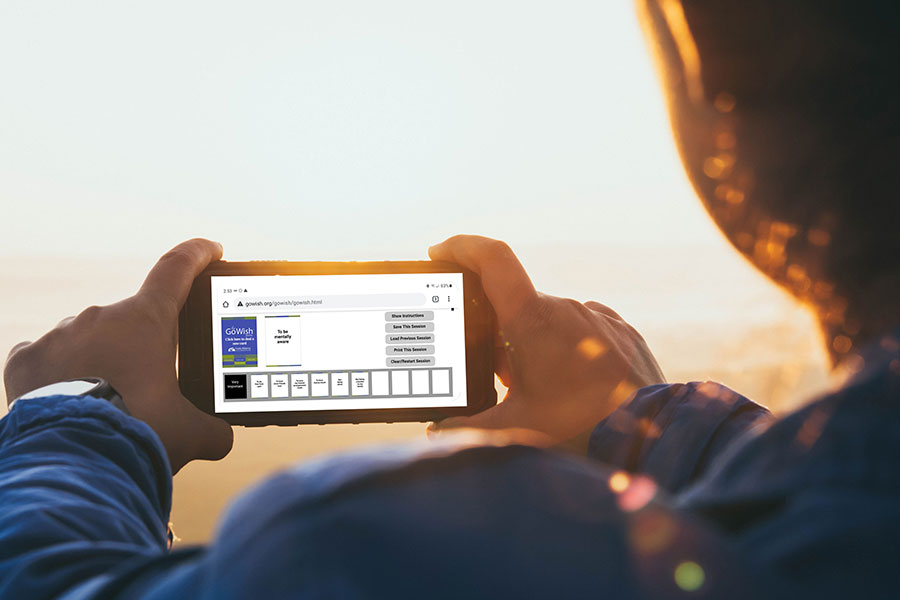
“The cards allow for a comfortable conversation among families. They’re so easy to understand they encourage people to talk through each of the chosen suggested wishes,” she added. “Not only does the patient have to think about what they want, but it lets the family understand what the patient desires and why. It also allows the family to all talk about what they might think the patient wants—but they don’t really know until they hear it.”
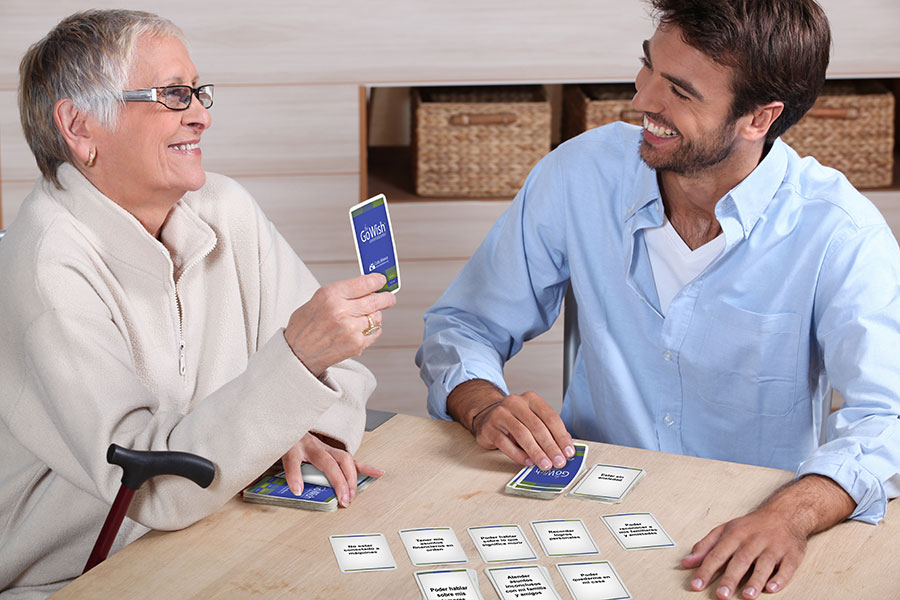
From Personal Experience
Ms. Garcia explained how her 61-year-old father died unexpectedly. “It was odd that one or two days before he died, he tried to tell the family what he wanted. We all wonder if he had a feeling something was going to happen.”
But she also noted that he left nothing in writing, which made everything following his death hard on the entire family. Her mother, determined to make sure the family wouldn’t have to go through these difficulties again, bought life insurance and making other arrangements to allay future issues. But the family still doesn’t know what their mother wants for herself. So, per Ms. Garcia, the next step is to sit down with her mother and the family to play GoWish.
“People here love playing cards or Mexican Bingo, known as Loteria. Much like these types of entertainment, GoWish makes for informal fun, like a game, but it’s not a joke, it’s serious,” Ms. Garcia continued.
Speaking about her father, she noted how important it was to be prepared for the unexpected—including for the younger generations, because, according to her, there’s a high crime rate for ages 14 and 18 due to gang violence. And since the GoWish Spanish edition’s now online, the chances of younger people trying it out should increase. At the same time, those ages 40+ are often taking care of their parents or grandparents and need the valuable
information GoWish can help supply to follow through with what their families need.
“Translating ‘GoWish’ cards in Spanish is one more way we are committed to helping every person engage in conversations about future healthcare decisions,” said Dr. Elizabeth Menkin, founder of Coda Alliance.
“Not only do patients benefit from discussing their wishes, but “Go Wish” cards help their loved ones feel more confident making future decisions on their behalf, if necessary,” said Dr. Menkin. “Knowing that choices have certain consistency but are not etched in stone helps the patients’ loved ones feel they may have some leeway in making future decisions.”
